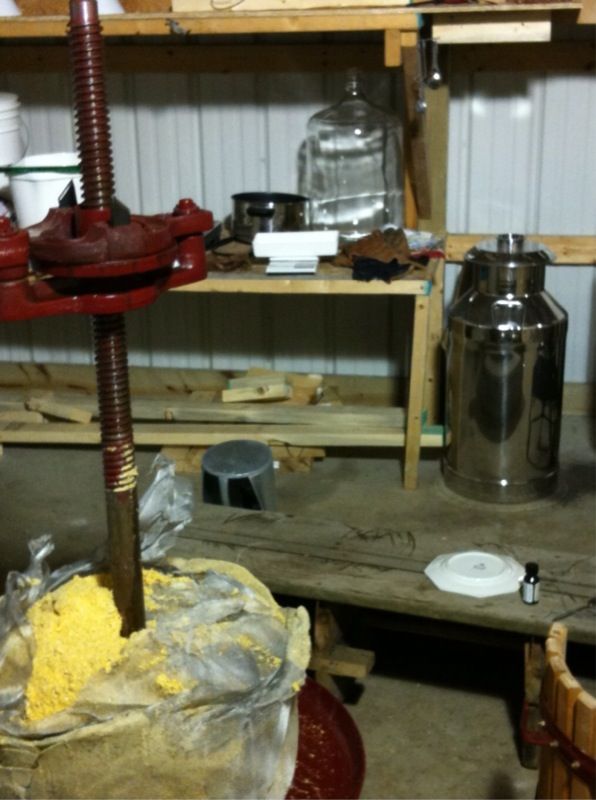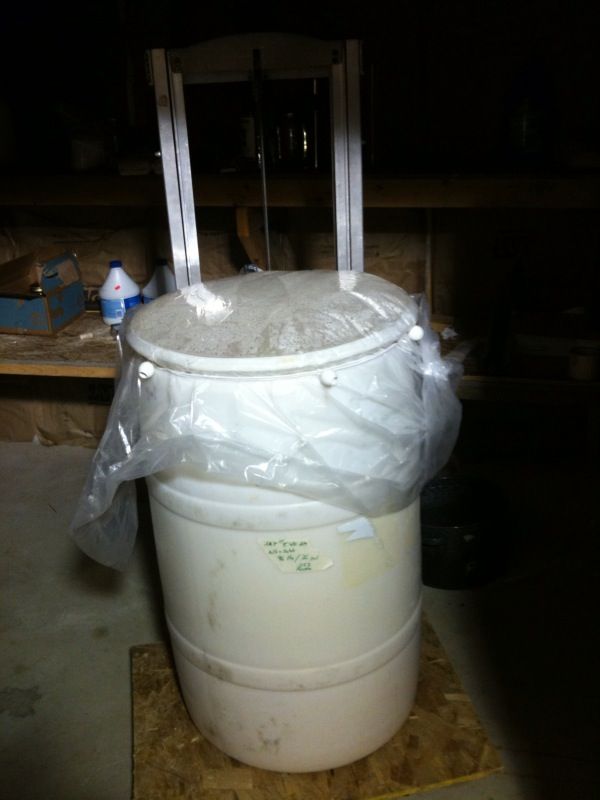What's A Guy Gotta Do to Get a Drink Around Here?

The Distiller and the Bureaucrat
I have a friend out in the stix. He has neighbors, but it's definitely rural; nothing but woods and fields. He's an individualist with a unique personality, but lots of friends. He likes to work a little, farm a little, and drink a little.
One day, he decided to combine all three: He was going to make vodka. He'd take corn, turn it into mash, let it ferment, distill it many times, filter it, and dilute it to 80 proof. As of today, he's only a few months away from going commercial. As his attorney, I visited his still a little while ago and talked about the process . . . the legal process.
I was disgusted. Not surprised, mind you, but disgusted. The maze of regulations and requirements he had to traverse made my head spin. It took him over a year just to jump all the hurdles. Here's a partial list:
Submit application to Michigan Liquor Control Commission, along with $1,000 application fee.
Obtain local governing body's approval.
Confirm proper zoning and obtain necessary exceptions.
Attend training class(es).
Install specialized electric connections under the micro-management of a local bureaucrat, which was pretty much the electrical equivalent of an IRS audit.
Pass a local equipment inspection.
Pass a state equipment inspection.
Apply for a permit under the Federal Alcohol Administration Act. Form.
Install an explosion-proof light (found on eBay for $2,000; new ones cost over $3,000)
Install appropriate locks and surveillance cameras to protect distillery from burglars.
Post a surety bond.
Submit bottle label to feds for approval, with application.
All that is just to get started. When he starts selling, the abuse continues:
He can only sell to state package dealers who enjoy a state-imposed monopoly, who will then charge a fixed price to retailers (bars and liquor stores).
When he sells his vodka to the state package dealers, he has to pay a 16% federal liquor tax. When the retailers later buy it, they have to pay heavy state taxes. The consumers later pay a six percent sales tax. On top of all that, of course, he has to pay state and federal income taxes on his net earnings, plus social security and medicare taxes. He already pays real estate taxes on the still. I didn't have the heart to tell him that, once he goes into commercial gear, his local township can start imposing a personal property tax.
Only use corn produced by a farm that complies with Department of Agriculture requirements.
If he wants to market his vodka at a local bar, he can't merely give away free shots. He has to pay the bar for a shot, then he can give it to the patron. Even if the bar owner doesn't mind if he gives it away, he has to buy it.
Annual licensing fees.
Ongoing surety bond premiums.
And if he expands to the point of hiring employees, watch out: labor posters, minimum wage laws, overtime laws, Americans with Disabilities Act, workers compensation, discriminatory hiring/firing practices, bogus lawsuits for sexual harassment.

Neither of those lists, by the way, is complete. I didn't keep notes when he told me about all the requirements. I've done some Internet research (evidenced by the links above) to make it comprehensive, but I guarantee you that I'm missing things. A guy can no more catalog all the legal requirements than he can catalog every single thing he does in an average week.
All these hassles are not unique to the liquor industry. Many occupations require far more hassles. I had to go to college for seven years at a cost of $100,000 (1980s dollars) to get a law degree, then pass the bar exam, and then go through many of the non-liquor-industry-specific hassles listed above. I'm told that the requirements to start your own investment brokerage firm are shockingly complex. I know industrialists have to deal with intense probes from OSHA, environmental protection agencies, and minions from other agencies.
Invisible Costs
So what's it matter?
It matters a great deal. This debauchery of bureaucracy is a tremendous weight on the free market. Add a 25-pound belt to Michael Phelps and see how fast he goes. He'll still swim, but his stroke will be awkward and slow. It's cumbersome, it kills efficiency, and it's often lunacy. The regulations grow over the years like thick under-growth in the woods. You don't even see it increasing, until you realize you can barely walk through the woods anymore.
On the day I visited my friend's still, I had earlier been reading from Thomas Sowell's Basic Economics. He quoted a story about a successful Indian industrialist, Aditya Birla, and his struggles to open new businesses in India.
With all his successes, there were heartbreaks galore. One of them was the Mangalore refinery, which Delhi's bureaucrats took eleven years to clear--a record even by the standards fo the Indian bureaucracy. . . . I asked Aditya Birla what had led him to invest abroad. He had no choice, he said, in his deep, unaffected voice. There were too many obstacles in India. To begin with, he needed a license, which the government would not give because the Birlas were classified as "a large house" under the Monopolies and Restrictive Trade Practices Act. Even if he did get one miraculously, the government would decide where he should invest, what technology he must use what was to be the size of his plant, how it was to be financed--even the size and structure of his public issue. Then he would have to battle the bureaucracy to get licenses for the import of capital goods and raw materials. After that, he faced dozens of clearances at the state level--for power, land, sales tax, excise, labor, among others. "All this takes years, and frankly, I get exhausted just thinking about it."
So he simply started businesses in other countries.
It's important to note that I suspect every one of India's regulations can be justified on some basis, just as many of the liquor regulations can be justified on same basis. The problem is, we only see the particular justification for the particular regulation. We don't see many of the particular costs of the particular regulation (how long did it take my friend to find the explosion-proof light on eBay?), and we don't see the overall costs of the overall regulatory requirements: how many people have looked at the mountain of paperwork and said, "Screw it," thereby costing a community, a state, or our nation another business?
One of the reasons India's economy has been approving dramatically is because it's been getting rid of the regulatory flotsam left over from its socialist years. China is thriving because it's jettisoning communism for the free market (albeit in odd, often ad hoc, ways).
But the United States keeps adding to the burdens. Other countries speed up as they shed the weight, countries like the U.S. slow down when they add the weight. It's a common phenomenon, but we don't seem to notice the obvious. As of this writing, Washington is devising many new regulations and bureaucratic red tape, and Americans are happy about it.
It's a very unfortunate sign of worse economic times to come.
